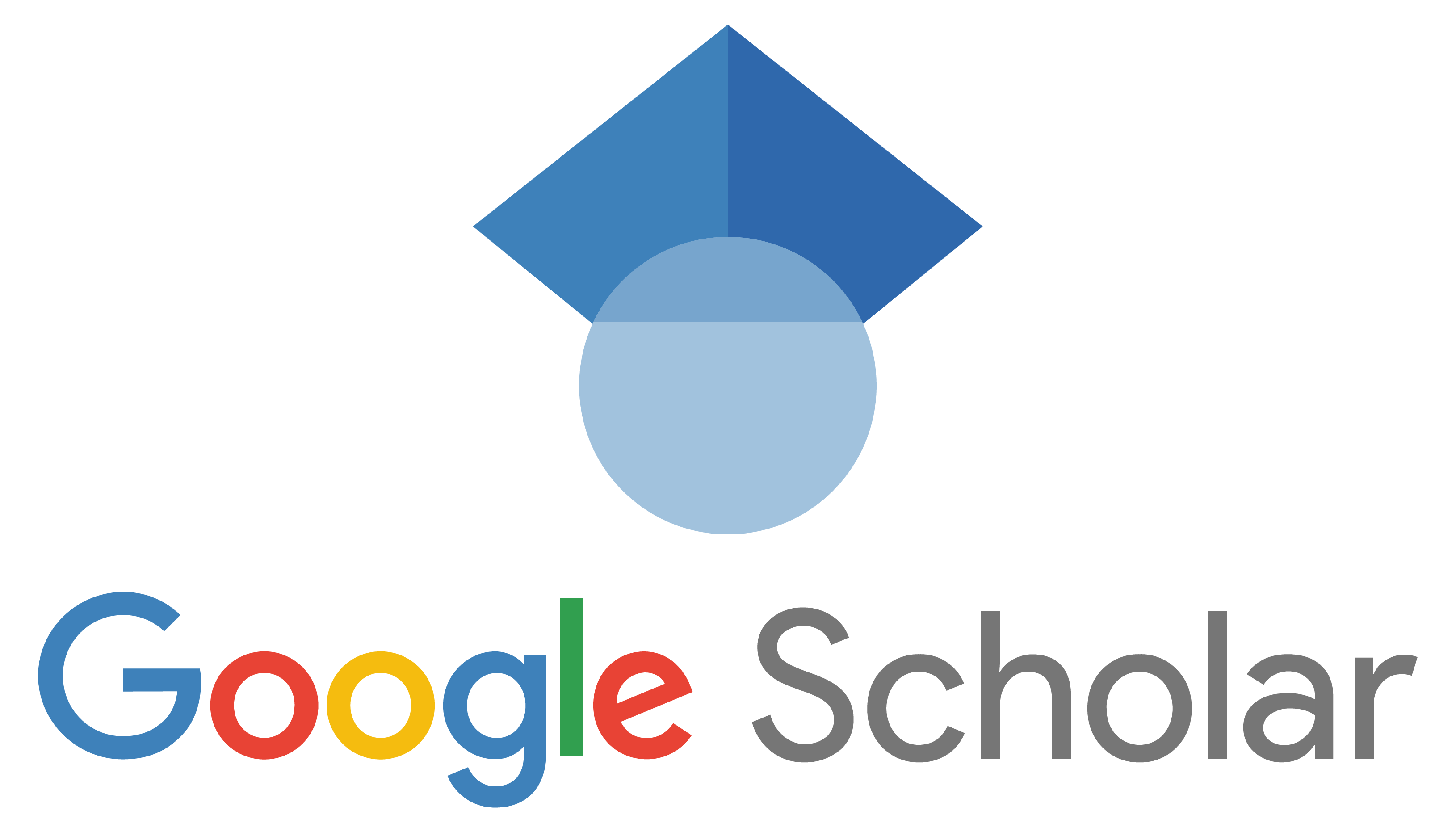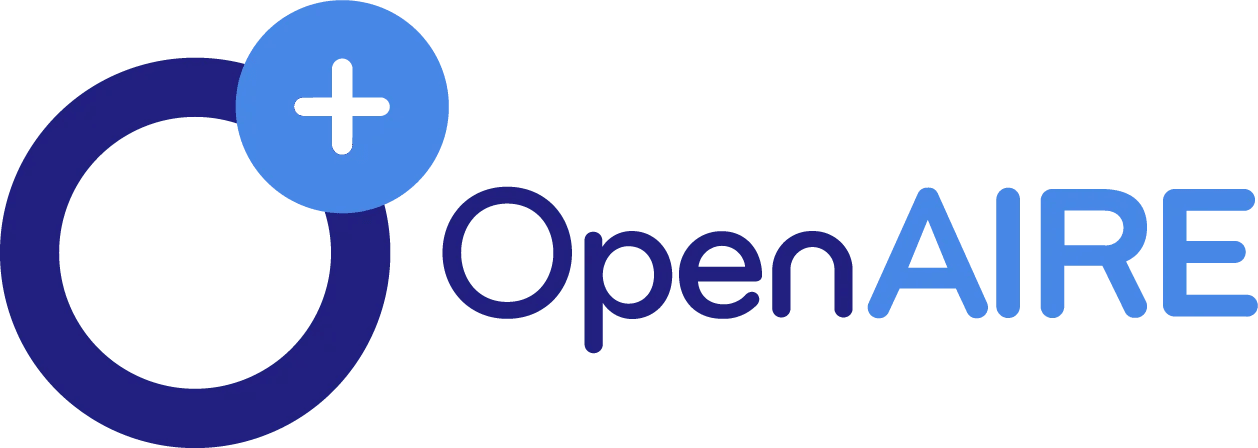Authorship contributions policy
At Publis Editorial, we ensure transparency and fairness in the attribution of authorship for academic and scientific books. This policy establishes the criteria for determining authorship, the responsibilities of authors and collaborators, and procedures for resolving disputes.
- Authorship criteria
A person will be recognized as an author of a book if they have made substantial contributions in at least one of the following areas:
- Conception and design of the book, formulating objectives, and structuring the content.
- Writing the manuscript, elaborating chapters, interpreting data, or critically analyzing the content.
- Substantial content revision, significantly modifying the approach, argumentation, or methodology.
In collective books, the following roles will be recognized:
- Chapter authors: Responsible for writing specific sections of the book.
- Scientific editors or compilers: Responsible for the organization, review, and coherence of the content in collective books.
- Co-authors: When the work is the result of joint work with significant contributions to various sections.
Simply editing style, proofreading, translating, and collecting data without critical analysis or general project supervision will not be recognized as authorship.
- Order of authorship and contribution statement
- In books with multiple authors, the order of names should reflect the degree of contribution of each person.
- It is recommended to include a contribution statement in the preface or a specific section of the book, indicating each author's or editor's responsibilities.
- Collaborators and acknowledgments
People who have participated in tasks such as information gathering, linguistic revision, graphic design, or editing without meeting the authorship criteria will be mentioned in the acknowledgments or as collaborators, as appropriate.
- Resolution of authorship disputes
- Any disputes regarding authorship attribution must be resolved before the manuscript is submitted to the publisher.
- In disagreement, the publisher may request a written statement of individual contributions to decide.
- The removal or addition of authors after manuscript submission will only be accepted with documented justification and the consent of all involved parties.
- Use of Artificial Intelligence (AI) in authorship
- AI may be a supportive tool for writing and editing the text but cannot be recognized as an author.
- Any use of AI in the manuscript must be declared in the book to ensure transparency.
- Compliance with international standards
Publis Editorial follows the ethical standards of organizations such as:
- Committee on Publication Ethics (COPE)
- International Committee of Medical Journal Editors (ICMJE)
- Singapore Statement on Research Integrity
Any form of plagiarism, honorary authorship (including names without real contributions), or ghost authorship (excluding contributors with significant contributions) will result in manuscript rejection.
- Modifications to the policy
Publis Editorial may update this policy according to international best practices in publication ethics.











